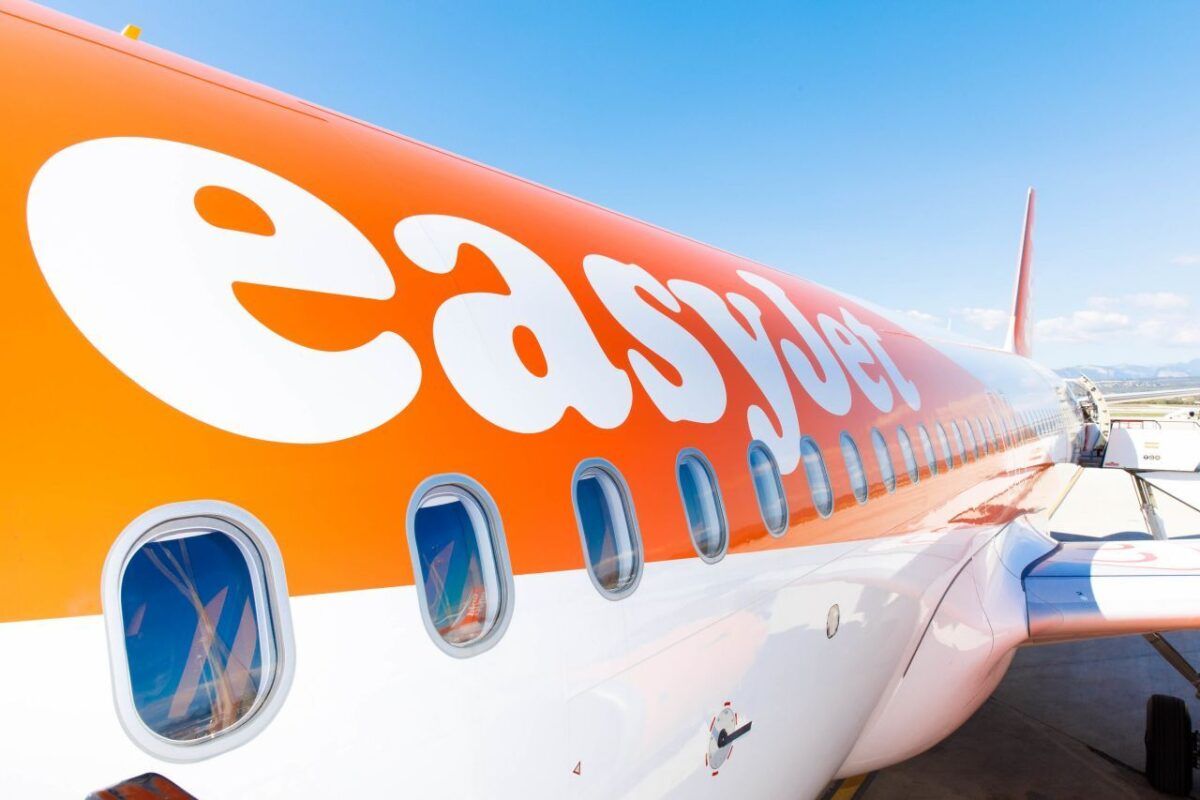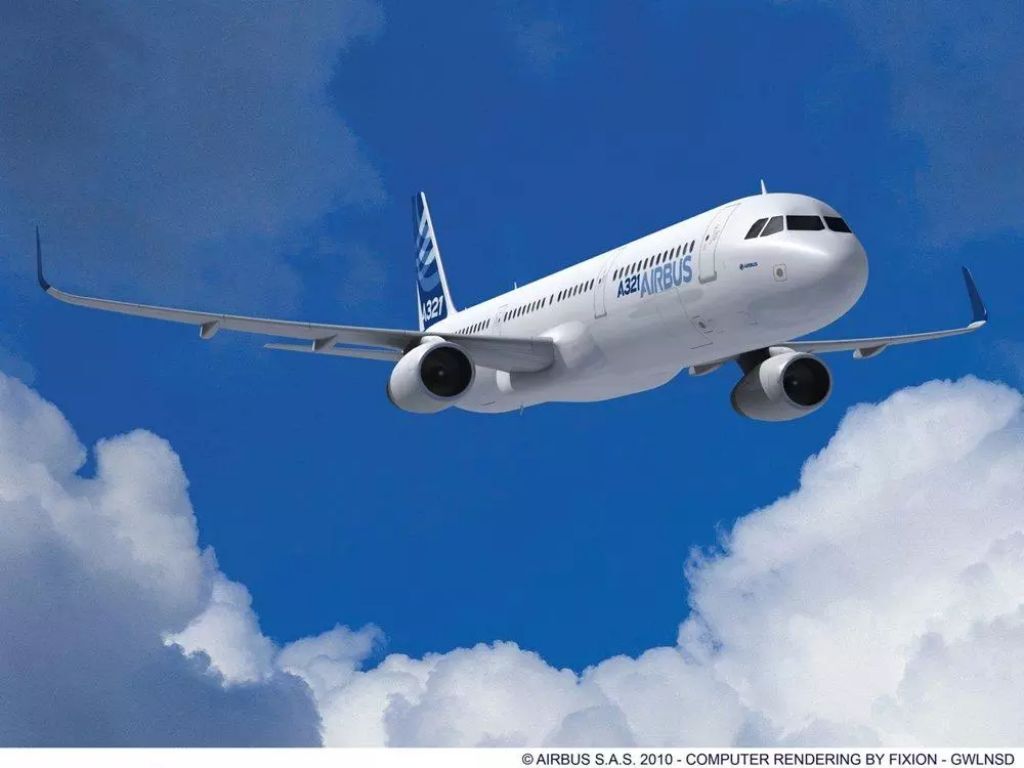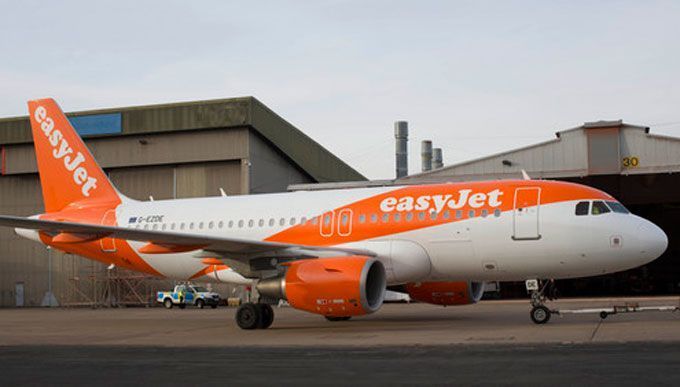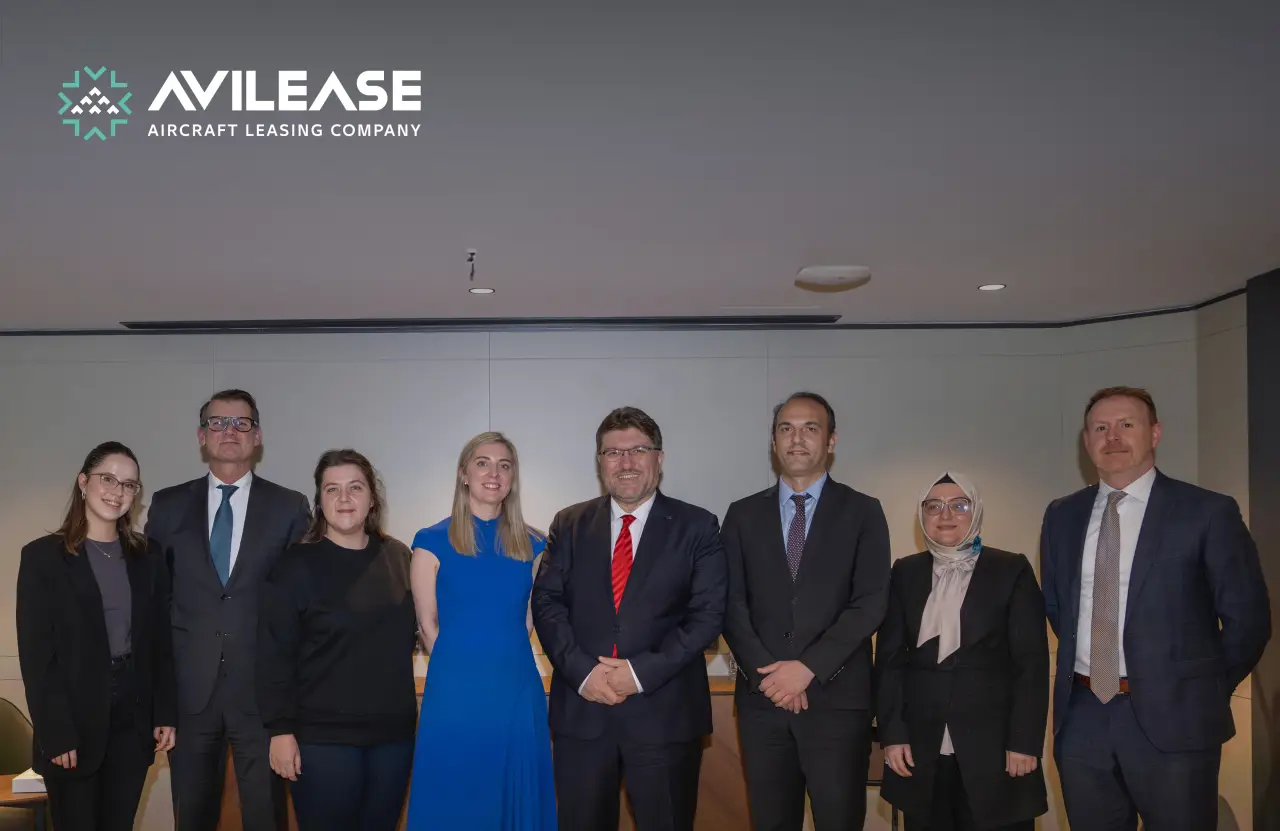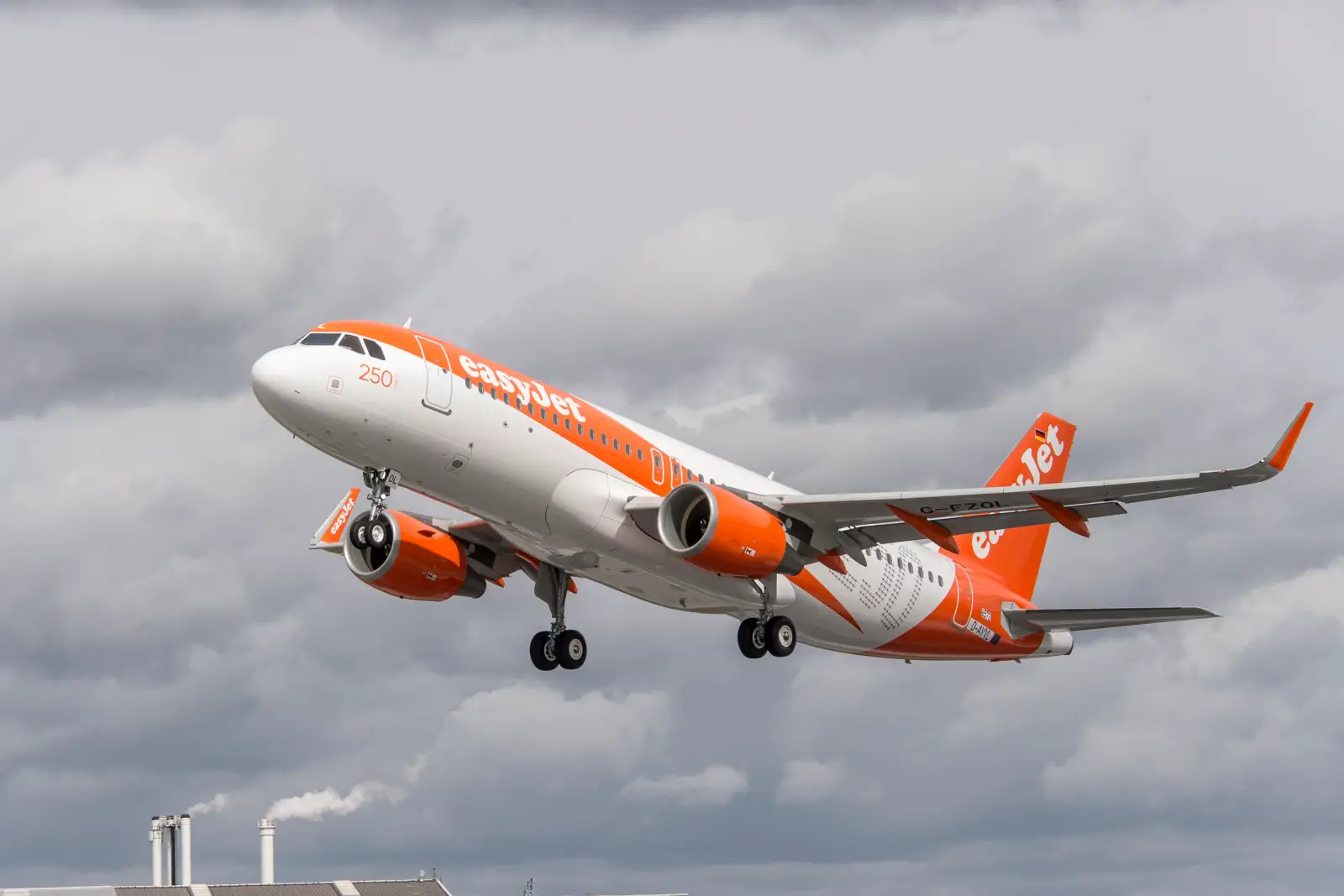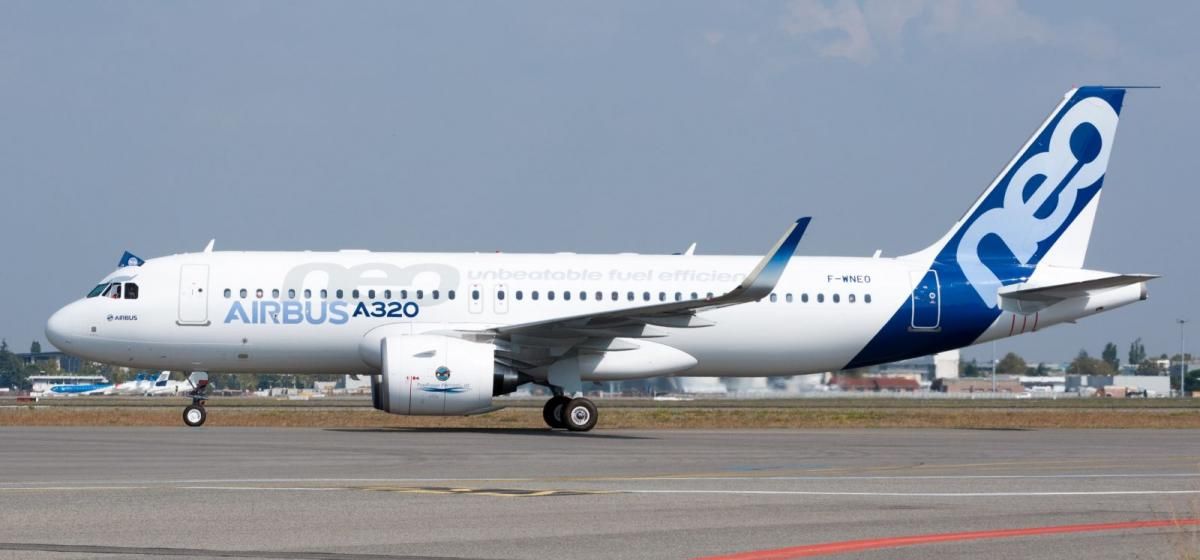easyJet has officially confirmed an order for 157 aircraft from the Airbus A320neo family, highlighting its commitment to both growth and environmental sustainability.
This substantial investment not only highlights easyJet’s dedication to expanding its operations but also demonstrates its pledge to sustainability in the aviation sector.
Following shareholder approval, easyJet’s announcement marks a pivotal step in its fleet modernization journey. The order comprises 56 A320neo and 101 A321neo aircraft, scheduled for delivery between FY29 and FY34. Additionally, the airline will convert 35 existing A320neo deliveries into A321neo models. This decision reflects easyJet’s adaptive strategy in responding to the dynamic needs of the aviation industry, particularly in slot-constrained airports where larger aircraft can offer greater capacity.
The newly ordered and converted aircraft are set to replace approximately half of the airline’s current A320ceo models and complete the replacement of older A319 aircraft. This shift is not merely about enhancing the number of seats; it represents a transformative approach to fleet composition. By upgrading to more efficient aircraft models, easyJet positions itself at the forefront of the industry’s move towards more sustainable aviation practices.
The A320neo family aircraft are renowned for their fuel efficiency and reduced carbon footprint. Compared to the models they will replace, these new aircraft promise a 13% to 30% improvement in unit fuel burn efficiency. This significant reduction in fuel consumption directly translates to lower CO2 emissions, aligning with easyJet’s path to achieving net-zero carbon emissions. In addition to environmental benefits, the new aircraft boast a substantial reduction in noise pollution, with half the noise footprint of the older fleet.
easyJet’s CEO, Johan Lundgren, expressed enthusiasm about the Airbus order, stating, “We are very pleased to confirm this significant order which not only enables easyJet to replace its older aircraft with more efficient models, a core component of our net-zero roadmap, but also provides us the ability for disciplined growth, including the significant opportunity that upgauging brings.”
Christian Scherer, Chief Commercial Officer and Head of International at Airbus, echoed this sentiment, highlighting the partnership between Airbus and easyJet in pursuing decarbonization goals. Scherer commended easyJet’s investment in the most fuel-efficient and Sustainable Aviation Fuel (SAF)-capable aircraft, underlining the shared commitment of both companies to the decarbonization of the aviation sector.
The UK’s Minister for Industry and Economic Security, Nusrat Ghani, also applauded this development. Ghani hailed the deal as a testament to the strength of the UK’s aerospace sector and a significant boost to British manufacturing and economic growth. This deal, along with other recent investments in the UK, underscores the country’s standing as an attractive destination for high-value manufacturing and technological innovation.
With limited delivery slots available for narrow-body aircraft until at least 2029, securing this order now ensures easyJet can maintain its scale and execute its growth strategy effectively. The addition of 100 purchase rights further enhances the airline’s ability to expand its fleet based on future market conditions.
In conclusion, easyJet’s order for 157 Airbus A320neo family aircraft represents more than just an expansion of its fleet. It signifies a strategic move towards enhancing operational efficiency, promoting sustainable practices, and positioning the airline for disciplined growth. This decision not only reinforces easyJet’s status as a leading player in the European aviation market but also exemplifies its commitment to responsible and sustainable business practices.

